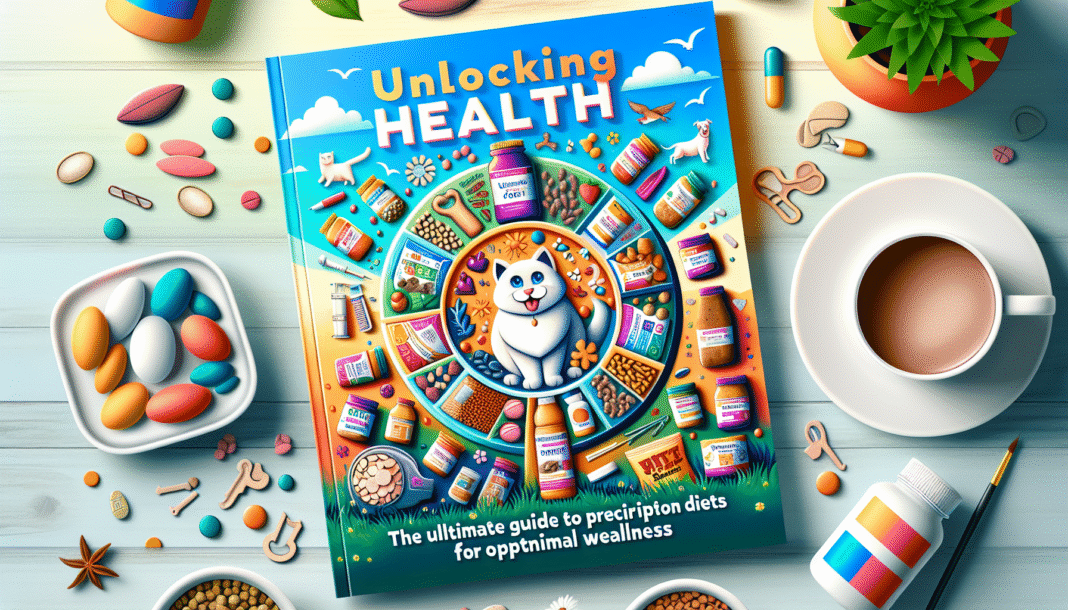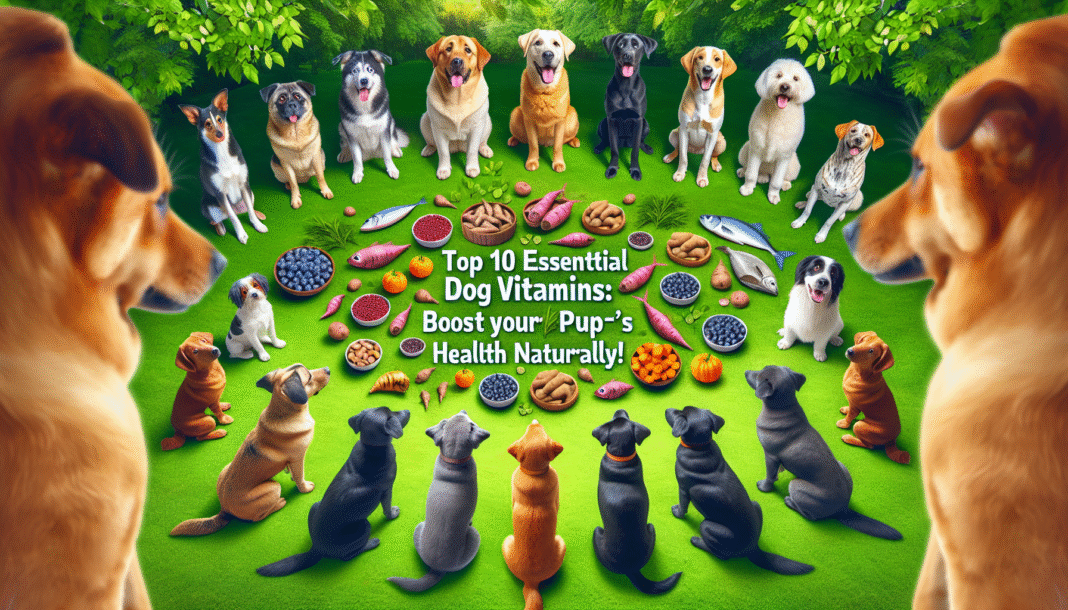As pet owners, we strive to provide the best for our furry companions. One of the most significant choices we can make for their health is selecting the right food. With increasing awareness of health and wellness in humans, the trend is shifting towards organic options for our pets. But why exactly should you consider organic pet food? Let’s explore the benefits, common concerns, and practical tips for making informed choices about your pet’s diet.
The Benefits of Organic Pet Food
1. Nutritional Superiority
Organic pet food is often more nutrient-dense than conventional options. Made from high-quality ingredients without synthetic additives or preservatives, these foods provide essential vitamins and minerals that support your pet’s overall well-being.
Practical Tip: Look for pet foods labeled as “complete and balanced,” which means they meet the nutritional standards set by the Association of American Feed Control Officials (AAFCO).
2. No Harmful Chemicals
Conventional pet foods often contain pesticides, herbicides, and antibiotics that can negatively impact your pet’s health. Organic pet food is produced without these harmful chemicals, reducing the risk of toxic buildup in your pet’s system.
3. Allergy Management
If your pet suffers from allergies or sensitivities, opting for organic food may alleviate some symptoms. Organic ingredients are less likely to include common allergens, and many brands offer limited-ingredient formulas designed for pets with specific dietary restrictions.
Example: Many pet owners report improved skin conditions and reduced gastrointestinal issues when switching to organic diets.
Identifying Quality Organic Pet Foods
1. Certifications Matter
When choosing organic pet food, look for certifications from reputable organizations. The USDA organic label is a reliable indicator that the food meets stringent organic farming standards.
2. Ingredient Transparency
Check the ingredient list to ensure it features whole foods like meat, vegetables, and grains. Be wary of vague terms like “animal by-products.” High-quality organic brands will clearly list their ingredients.
3. Brand Reputation
Research brands before purchasing. Look for customer reviews and testimonials. Established brands often have a history of safe and effective products.
Common Concerns About Organic Pet Food
1. Cost Considerations
Organic pet food is typically more expensive than conventional options. This can be a barrier for many pet owners. However, consider it an investment in your pet’s long-term health, potentially reducing veterinary costs due to fewer health issues down the line.
2. Availability
While organic pet food is becoming more mainstream, it may not be available at every local store. Online retailers often provide a broader selection and convenient delivery options.
3. Transitioning to Organic
Switching your pet’s food should be done gradually to avoid gastrointestinal upset. Mix a small amount of the new organic food with your pet’s current food, gradually increasing the proportion of the new food over a week.
Monitoring Your Pet’s Health
1. Watch for Changes
After transitioning to organic food, keep an eye on your pet’s coat, energy level, and overall behavior. Many pet owners notice improved vitality and a shinier coat after making the switch.
2. Regular Vet Check-ups
Regular veterinary visits are essential to monitor your pet’s health. Discuss any dietary changes with your vet; they can provide personalized advice tailored to your pet’s unique needs and health conditions.
3. Behavioral Changes and Dietary Adjustments
Sometimes, even organic pet food may not suit every pet. Be observant of any changes in behavior or health. If your pet experiences ongoing digestive issues or allergic reactions, consult your vet for potential dietary adjustments.
Practical Tips for Choosing and Using Organic Pet Food
1. Budgeting for Organic
Set a monthly budget for pet food and see where you can make adjustments in your regular spending to accommodate organic options. Sometimes, buying in bulk or signing up for subscriptions can save money.
2. Homemade Organic Pet Food
If you’re adventurous, consider making your own organic pet food. Many recipes are available online, but consult your vet to ensure you’re providing balanced nutrition.
3. Staying Informed
Keep up with the latest news and research on pet nutrition. Join forums or local pet groups to exchange tips and experiences with other pet owners.
4. Experiment with Flavors
Pets can be picky eaters. Offer a variety of organic flavors and textures until you find what your furry friend loves most.
The Environmental Impact
Choosing organic pet food not only benefits your pet’s health but also supports sustainable farming practices. Organic farming typically involves crop rotation, reduced pesticide use, and better soil management, contributing to a healthier planet.
Incorporating organic food into your pet’s diet is a thoughtful choice that impacts not just their health, but also the environment. So take the time to research, consult with your vet, and make a decision that’s best for your furry companion. They deserve it!





